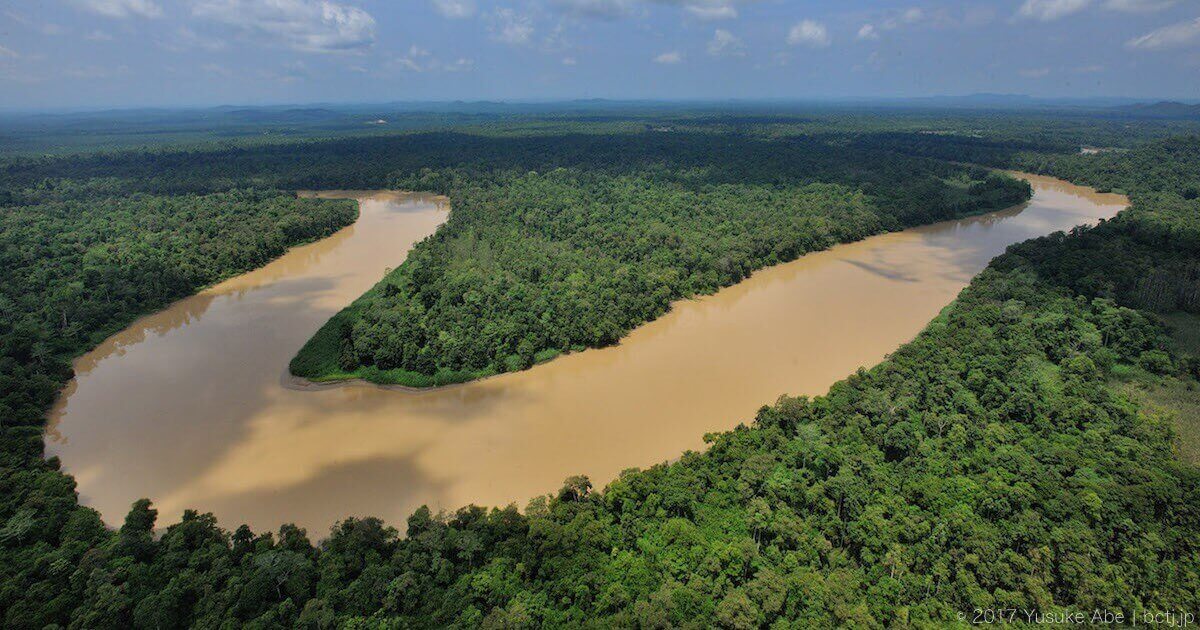
Our Mission
Borneo Conservation Trust Japan is dedicated to establishing environmental sustainability in a world where humans can coexist with nature, and to preserve nature for future generations through biodiversity conservation and nature protection activities.
Message
Even though rain forests cover only 7% of the surface of the earth, they are areas affluent with biodiversity and serve as home to 50% of Earth’s species. In the Malaysian part of Borneo Island, the 1960’s saw the development of the timber industry and large-scale logging of the rainforests. In the 1980s, oil palm plantations were developed, and the remaining forest was fragmented into small patches. Although these remaining forest areas are protected by law, their ecosystems are very vulnerable to environmental changes.
Orangutans, proboscis monkeys, Bornean elephants, and other endemic species are now on the verge of extinction. During our past period of booming economic growth, Japan imported large amounts of timber from Borneo for the use of building construction. In the present, we import palm oil from Borneo for production of food, household detergents, and other consumer goods.
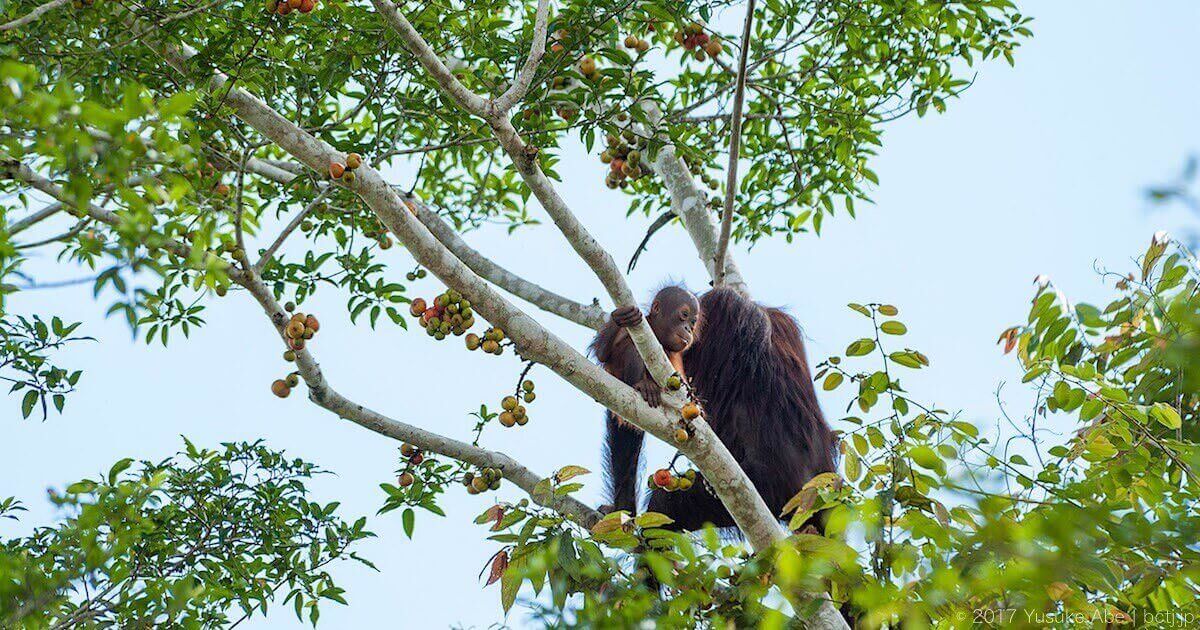
Future generations of children will live in the environment we leave to them. To realize a society surrounded by thriving creatures, a society of sustainable life, first the adults of today must make the effort.
The cooperation and the use of various approaches by consumers, manufacturers, private companies, governments and non-governmental organizations is necessary. The efforts of Borneo Conservation Trust Japan include the “Green Corridor Project”, which aims to connect small remaining patches of forest areas to create one large, continuous ecosystem. The “Orangutan bridge project”, a proven example of the practicality of our projects, utilizes ideas which can be applied to other areas where there are similar environmental issues. We also support the construction of the Wildlife Rescue Center, a facility to temporarily house wild elephants awaiting relocation or receiving medical care.
We humbly ask for your support and monetary donations.
 Specified nonprofit corporation Borneo Conservation Trust Japan
Specified nonprofit corporation Borneo Conservation Trust Japan
Chief Director
Mr. Osamu Ishida
Mr. Ishida was born in Tokyo. After graduating from the faculty of letters of Tokyo University, he went to work for the Tokyo Metropolitan Government. He was assigned to the accounting department at Ueno Zoo and became fully involved in the management of the zoo.
In addition to serving as the Chief Director of Borneo Conservation Trust Japan, Mr. Ishida makes use of his experience of visiting more than 150 zoos around the world as he works for the reform of zoo management in his current position of Director of the Chiba Zoological Park.
Our Projects
The Green Corridor Project
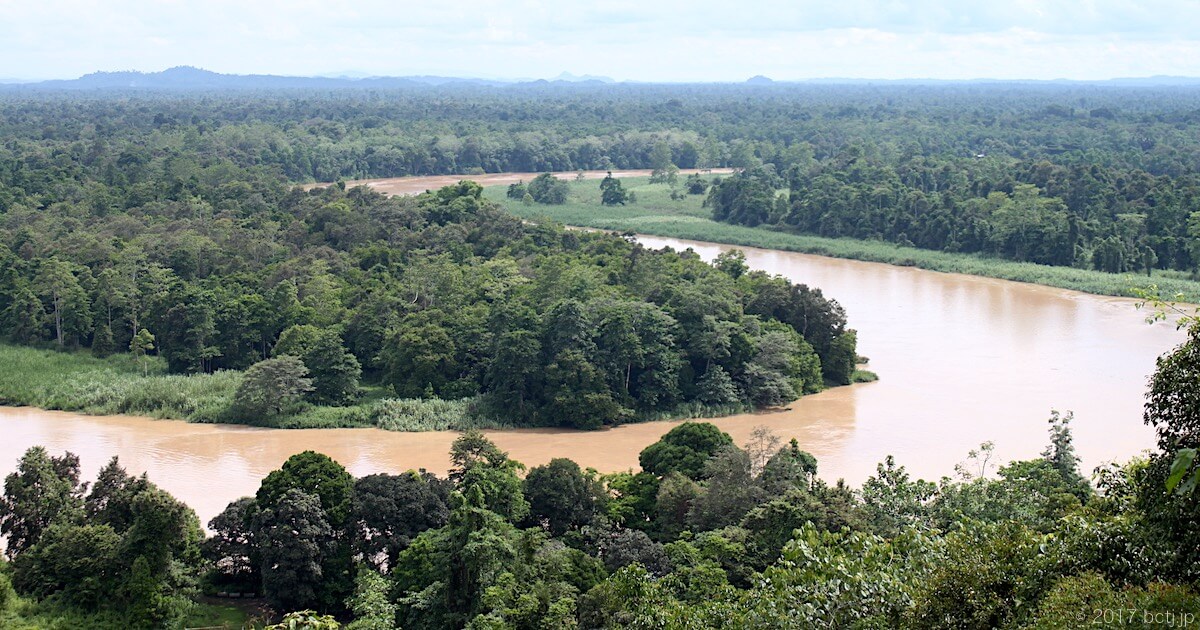
The Green Corridor Project aims to establish an environment in which humans can co-exist with wildlife.
The Green Corridor Project reconnects blocks of fragmented forest lands along the Kinabatangan River in order to create “corridors” of forest through which wild animals can freely and safely travel.
In the tropical forest, wild animals find food, build homes, search for mating partners, and raise their young. The deforestation and fragmentation of the forests disrupts wildlife behaviors and is a major cause of species extinction.
On the other hand, palm oil is an edible vegetable oil derived from the fruit of the oil palm tree and is the most consumed oil in the world. The efficiency by which palm oil can be produced compared to other plant oils has made it indispensable to modern life, and palm oil and its derivatives are presently found in thousands of products worldwide.
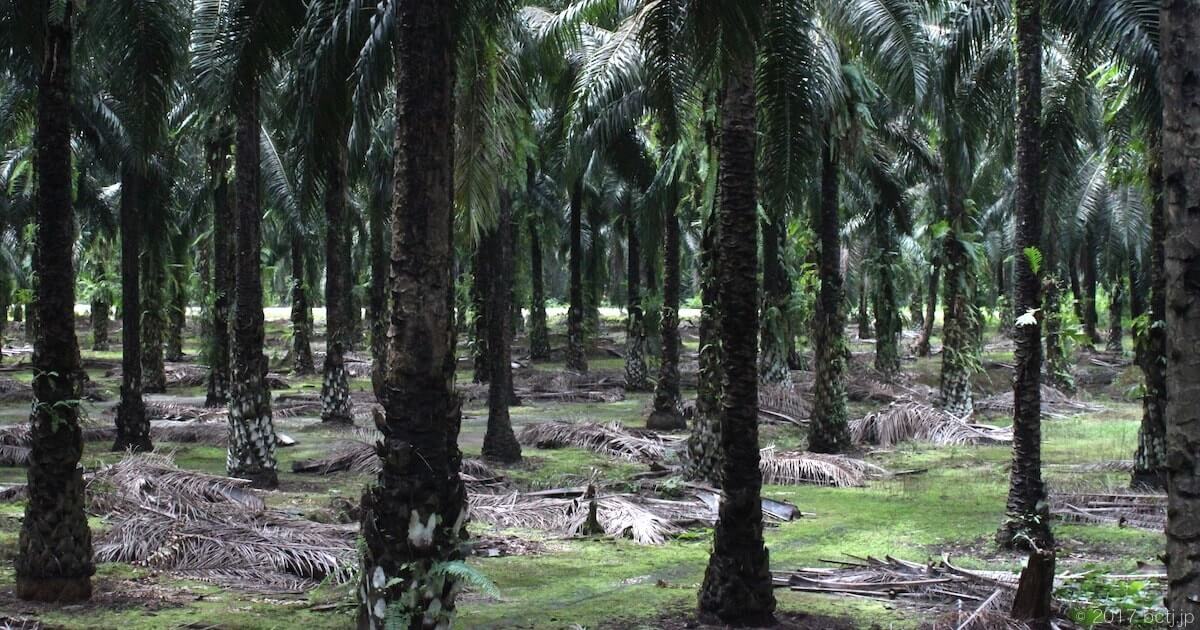
What is the best solution to sustain biodiversity in this situation? The Green Corridor Project is our answer.
Large connected forests are vital for wild animals to survive. When remaining natural forests become too small, it becomes difficult for animals to obtain sufficient food and seek mating partners. But if we can reconnect these small remaining fragments with “corridors” in order to establish one continuous forest, we can provide better living conditions for the animals to survive. To acquire the lands between existing fragmented forest reserves and sanctuaries, and to establish one continuous forest, that is the Green Corridor Project.
In the Kinabatangan River Basin area, the rapid spread and expansion of oil palm plantations have left only limited and fragmented naturally forested areas. Unfortunately, these remaining protected forest reserves and wildlife sanctuaries are not sufficient to ensure the sustainability of the natural ecosystem.
The Green Corridor Project aims to acquire lands that are located between the fragmented forest blocks in order to create corridor passageways for wild animals to travel between existing patches of forest reserves and sanctuaries.
This freedom to travel between forested areas is important for wild animals in their search for food and mating partners. Our goal is to acquire 20,000 hectares of land located along the banks of the Kinabatangan River. As of January 2017, we have succeeded in securing 70 hectares.
Ongaeshi “Rewarding “Project
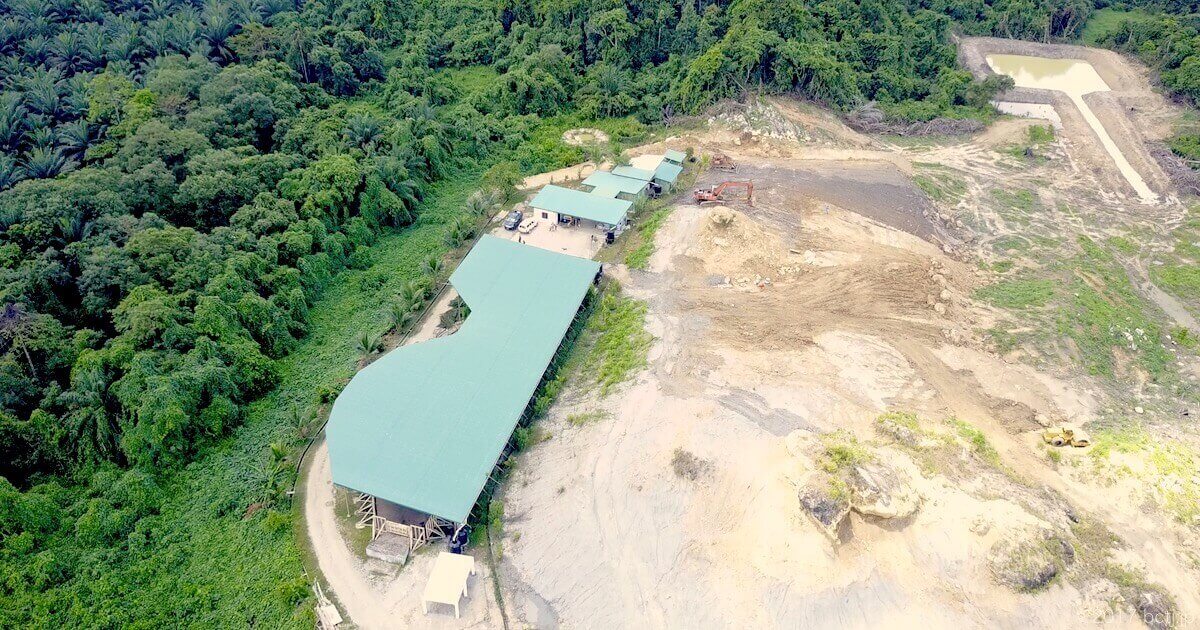
Borneo is the third largest island in the world. Covered with jungle, it is the habitat of orangutans, elephants and many other wild animals. But now, this jungle is about to disappear.
The trees of the jungle are logged to produce plywood, and the jungle is continually being clear-cut for the ever-expanding palm oil producing plantations.
We receive the blessings of these resources and live materially rich and comfortable lives. At the same time, elephants and orangutans are losing their habitats, and injured and weakened, they are on the verge of going extinct.
Human – Elephants conflict
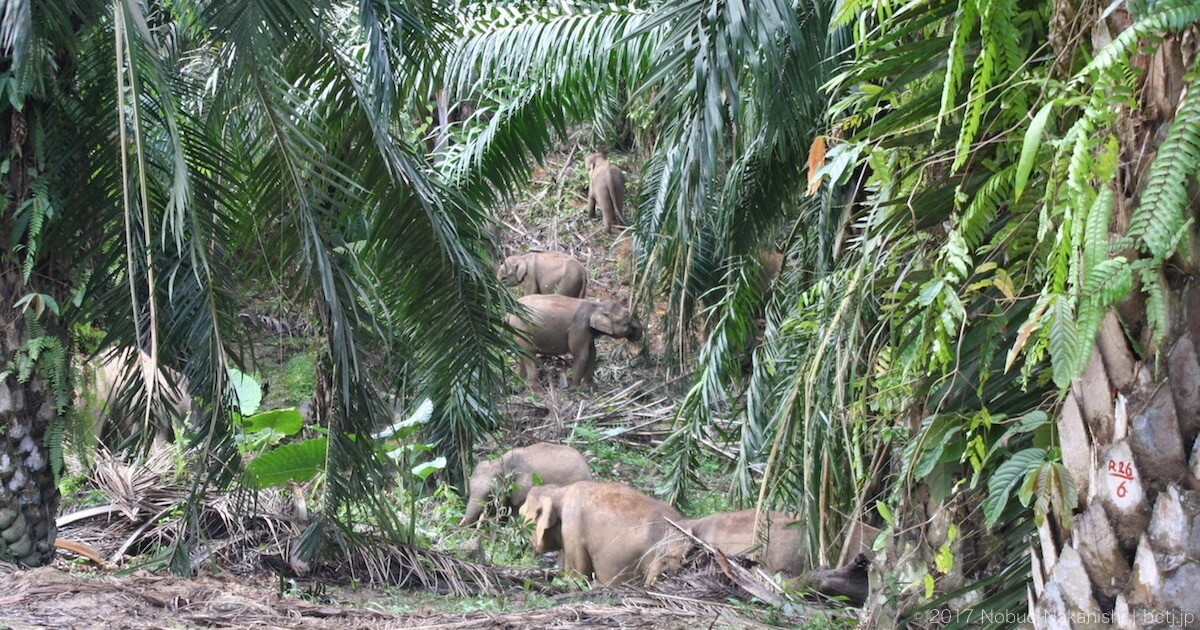
Only around 2,000 Borneo elephants survive today in the north-east part of Borneo. Borneo elephants are much smaller than African elephants, and tails so long that they sometimes drag on the ground as they walk.
Bornean elephants are often considered by oil palm plantations to be pests because these pygmy giants can be quite destructive to the crop. The collision of palm oil plantation and Bornean elephant has led to unfortunate conflict.
For example, a few years ago, 14 elephants were found dead, possibly due to poisoning from oil palm plantation employees. This type of incident is not rare. Possible solutions to these conflicts are the translocation of problem elephants and the Green Corridor Project which would provide one huge continuous space for them. But even the implementation of these projects do not provide a perfect solution.